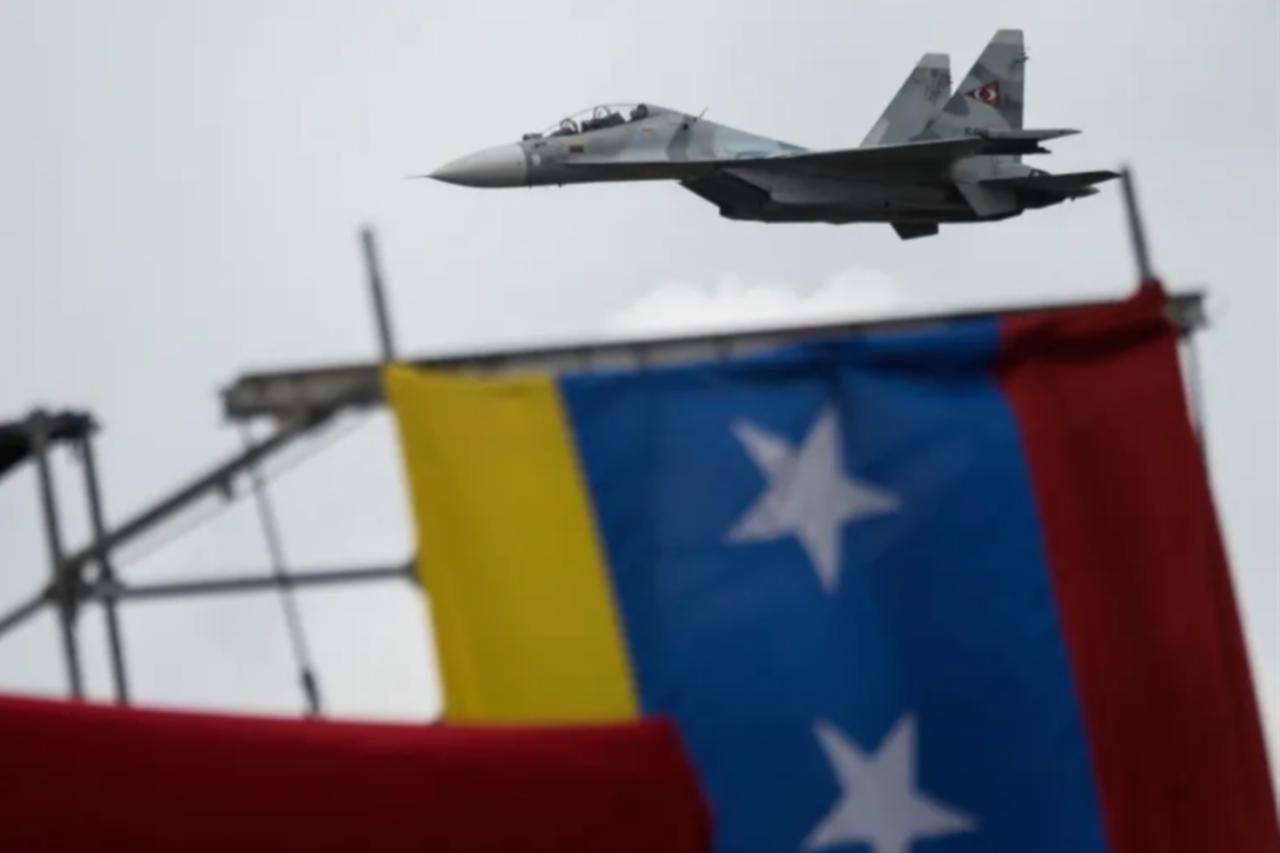
The Federal Aviation Administration has issued an urgent advisory cautioning aircraft operators about potential dangers across Venezuela's entire flight information region, citing a deteriorating security environment and intensified military operations that could endanger planes at any altitude.
The warning, which covers the Maiquetia Flight Information Region encompassing all of Venezuela and substantial portions of the southern Caribbean, marks a significant escalation in aviation safety concerns as diplomatic and military tensions between Washington and Caracas reach new heights.
According to the FAA statement, operators have been "advised to exercise caution when operating in the Maiquetia flight information region (SVZM FIR) at all altitudes due to the worsening security situation and heightened military activity in or around Venezuela." The advisory warns that threats "could pose a potential risk to aircraft at all altitudes, including during overflight, the arrival and departure phases of flight, and/or airports and aircraft on the ground."
The FAA's concerns extend beyond traditional military threats. Since September 2025, the region has experienced a surge in Global Navigation Satellite System interference that has affected civilian aircraft. According to the agency's notice, civil aircraft have "reported GNSS interference while transiting the SVZM FIR, which, in some cases, caused lingering effects throughout the flight."
The interference equipment can disrupt aircraft systems up to 250 nautical miles away, potentially affecting "critical communication, navigation, surveillance, and safety equipment on aircraft," the FAA stated. Such jamming and spoofing technology represents a growing challenge for commercial aviation operating in contested airspace.
Venezuela has conducted multiple military exercises and ordered the mass mobilization of thousands of military and reserve forces since early September, according to the FAA's assessment. While the agency noted that "Venezuela has at no point expressed an intent to target civil aviation," it emphasized the country's military capabilities pose inherent risks.
The Venezuelan armed forces possess "advanced fighter aircraft and multiple weapons systems capable of reaching or exceeding civil aircraft operating altitudes," the notice stated, while also citing "potential low-altitude risk from man-portable air defense systems (MANPADS) and anti-aircraft artillery."
The warning evokes memories of a 2019 incident in which a U.S. Navy aircraft was reportedly locked onto by Venezuelan missile systems during heightened tensions under President Nicolas Maduro's government.
Airlines must now provide the FAA with 72 hours' advance notice for any aircraft entering or leaving the United States from Venezuela. The Department of Transportation has maintained a ban on U.S. carriers operating Venezuelan routes since 2019.
The aviation advisory arrives amid reports of increased U.S. military presence in Caribbean waters and allegations that President Trump has authorized CIA preparations for operations inside Venezuela. Trump recently labeled Maduro a "terrorist" and declined to rule out potential U.S. military action against the South American nation.
Tensions have intensified following disputed elections in July that saw Maduro retain power despite opposition claims of fraud. The Trump administration has imposed additional economic sanctions on Venezuela, while Caracas has publicly objected to what it describes as growing U.S. military activity in the region.
The FAA stated it "will continue to monitor the risk environment for U.S. civil aviation operating in the region and make adjustments, as appropriate, to safeguard U.S. civil aviation." Airlines operating in the affected airspace face difficult routing decisions, potentially requiring detours over Colombia or Guyana to avoid Venezuelan territory.